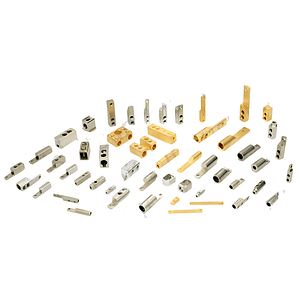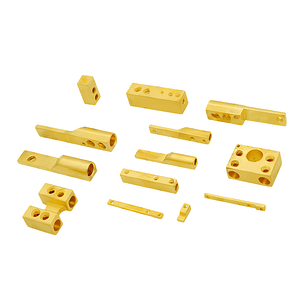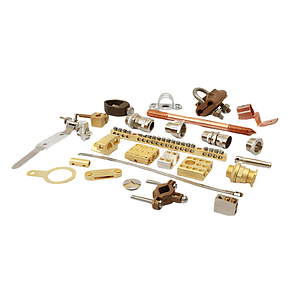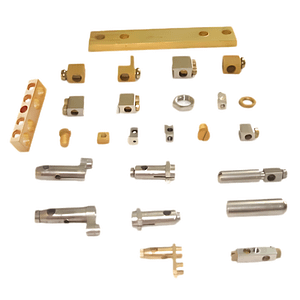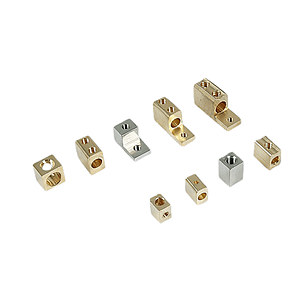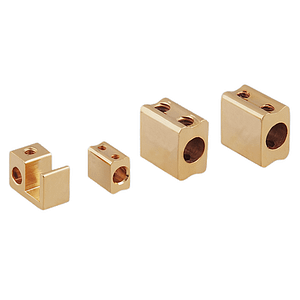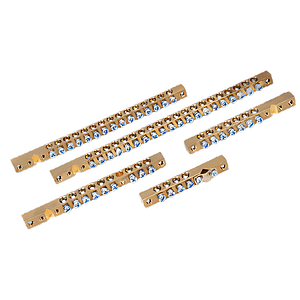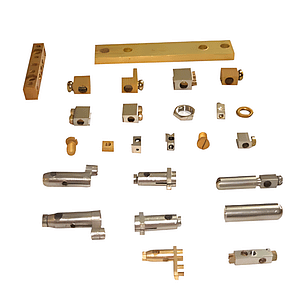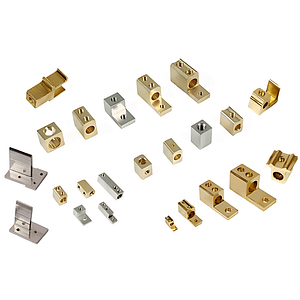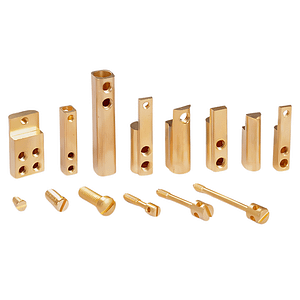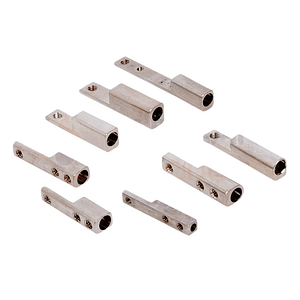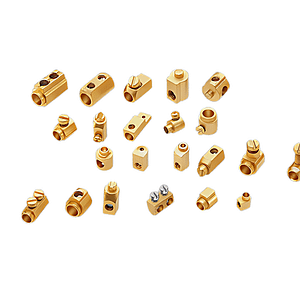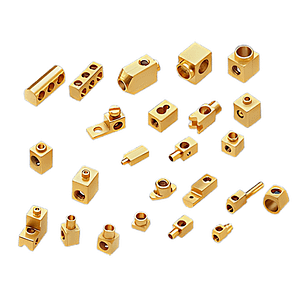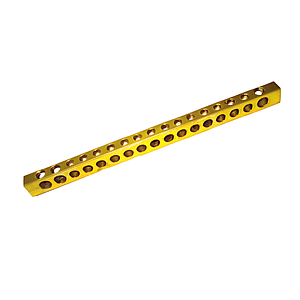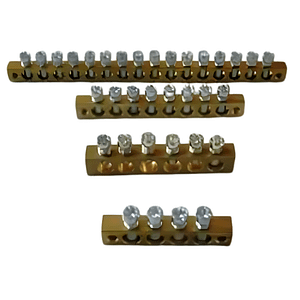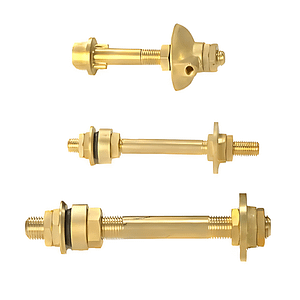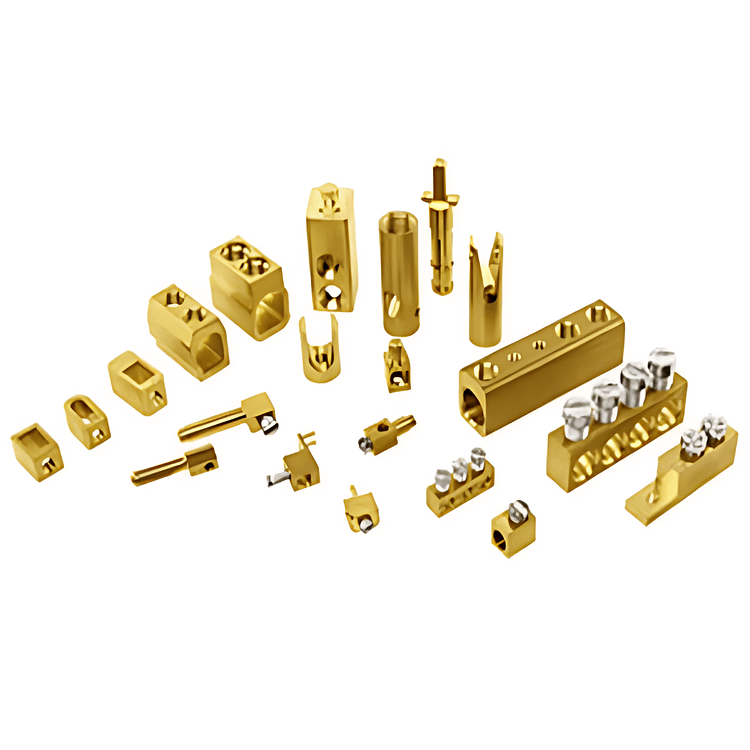
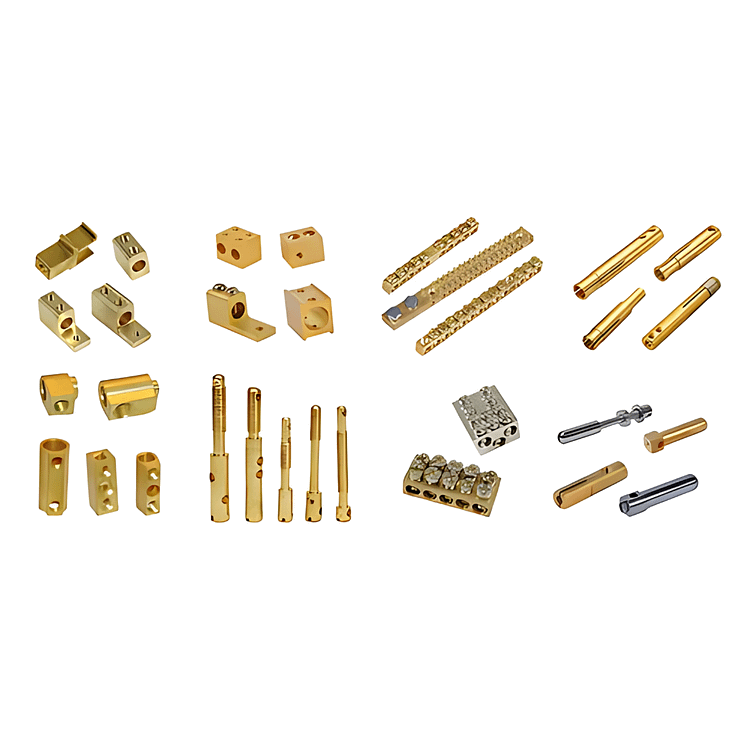
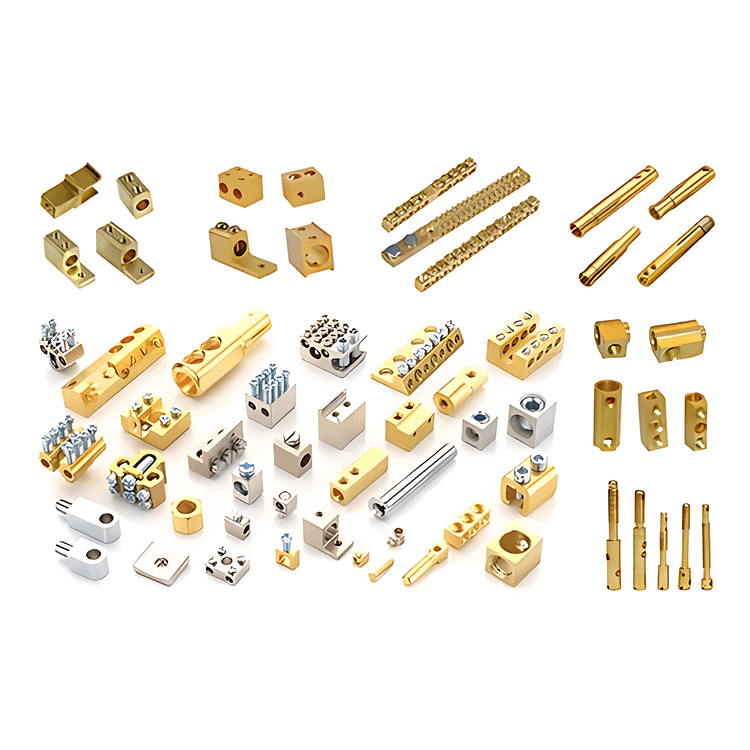
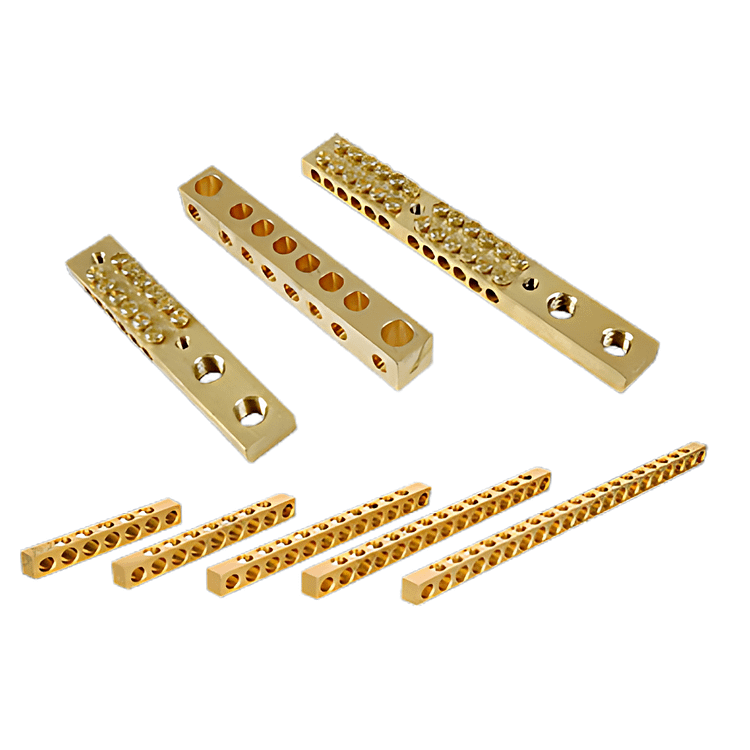
Brass Electrical Parts
Brass electrical parts are integral components in various electrical systems and devices, valued for their durability, conductivity, and resistance to corrosion. These parts are essential in ensuring reliable electrical connections and efficient performance in both residential and commercial applications. Here, we explore the key benefits and uses of brass electrical parts.
Durability and Strength
Brass electrical parts are renowned for their durability and strength. Made from a robust alloy of copper and zinc, these parts can withstand significant mechanical stress without deforming or breaking. This durability ensures long-lasting performance, making brass a reliable choice for electrical connectors, switches, and terminals.
Excellent Conductivity
One of the primary reasons brass is used in electrical components is its excellent electrical conductivity. Brass provides efficient energy transfer, which is crucial for maintaining the performance and safety of electrical systems. This makes brass parts ideal for use in connectors, plugs, and sockets where effective conductivity is essential.
Corrosion Resistance
Brass offers superior resistance to corrosion, an important feature for electrical parts exposed to moisture and varying environmental conditions. Unlike other metals that may corrode or rust, brass maintains its integrity, ensuring consistent performance over time. This property is particularly valuable in outdoor or industrial electrical applications.
Versatility in Applications
The versatility of brass allows it to be used in a wide range of electrical applications. Brass electrical parts are found in household wiring, industrial machinery, automotive systems, and telecommunications. Their adaptability makes them suitable for connectors, terminals, contact points, and various other components in complex electrical systems.
Thermal Stability
Brass exhibits excellent thermal stability, which is critical for electrical parts that must withstand high temperatures. This stability helps prevent overheating and potential failure of electrical components. In applications such as circuit breakers and fuse boxes, brass parts ensure reliable operation even under thermal stress.
Easy Machinability
The machinability of brass is another advantage, allowing for the precise manufacturing of complex electrical components. This ease of machining ensures that brass parts can be produced to meet exact specifications, providing tailored solutions for specific electrical needs. Custom brass components can be designed for unique applications, enhancing their functionality and performance.
Environmental Sustainability
Brass is an environmentally sustainable material due to its recyclability. Using recycled brass in the production of electrical parts helps conserve natural resources and reduces environmental impact. The long lifespan and durability of brass components also contribute to sustainability by reducing waste and the need for frequent replacements.
Easy Installation and Maintenance
Brass electrical parts are easy to install and maintain, which simplifies their use in various applications. Their durability and resistance to corrosion mean they require minimal maintenance, ensuring reliable performance with less effort. This ease of use makes brass a practical choice for both large-scale industrial projects and everyday electrical repairs.
Conclusion
Brass electrical parts offer a unique combination of durability, conductivity, corrosion resistance, and versatility. These properties make them suitable for a wide range of applications, from residential wiring to industrial machinery. By incorporating brass components into their designs, manufacturers can ensure the creation of reliable, efficient, and long-lasting electrical systems.
